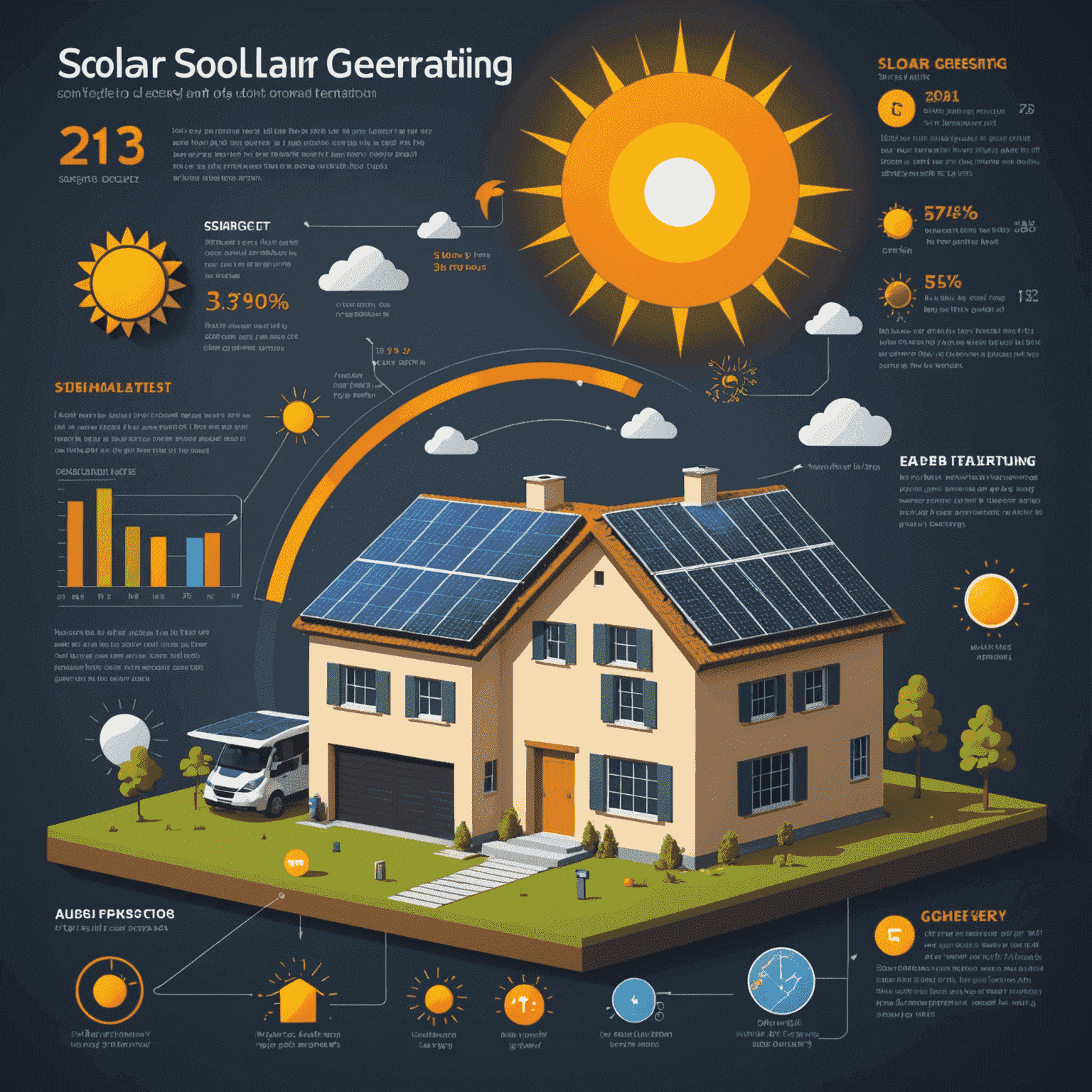Solar Storage Solutions: Powering Your Home 24/7

Harnessing the power of the sun is a game-changer for residential energy, but what happens when the sun goes down? Let's explore the innovative battery technologies that keep your home running on clean, solar energy around the clock.
The Need for Solar Storage
Solar panels are fantastic during daylight hours, but traditional systems can't provide power after sunset. This is where solar storage solutions come into play, ensuring your home remains powered by clean energy 24/7.
Types of Solar Battery Technologies
- Lithium-ion Batteries: The most common type, known for their high energy density and long lifespan.
- Lead-acid Batteries: A more affordable option, though they have a shorter lifespan and lower efficiency.
- Saltwater Batteries: An eco-friendly alternative that uses salt and water as electrolytes.
- Flow Batteries: Ideal for larger-scale storage, with the ability to store energy for longer periods.
Did You Know?
A typical residential solar battery can store between 10 to 15 kWh of energy, enough to power an average home for 24 to 36 hours without additional solar input.
Benefits of Solar Storage
- Energy Independence: Reduce reliance on the grid and protect against power outages.
- Cost Savings: Store excess energy for use during peak hours when electricity rates are higher.
- Increased Solar Efficiency: Capture and use all the energy your panels produce, even when generation exceeds consumption.
- Lower Carbon Footprint: Maximize your use of clean, renewable energy throughout the day and night.

Choosing the Right Solar Storage Solution
When selecting a solar storage system for your home, consider the following factors:
- Your average daily energy consumption
- The size and output of your solar panel system
- Available space for battery installation
- Your budget and potential incentives or rebates
- The battery's cycle life and warranty
"Investing in solar storage is not just about saving money; it's about taking control of your energy future and contributing to a cleaner planet."
The Future of Solar Storage
As technology advances, we can expect to see even more efficient and affordable solar storage solutions. Innovations on the horizon include:
- Solid-state batteries with higher energy density and faster charging
- AI-powered energy management systems for optimized usage
- Integration with smart home devices for seamless energy control
- Community-scale storage solutions for shared solar projects
By embracing solar storage solutions, homeowners can maximize the benefits of their residential solar systems, ensuring a constant supply of clean energy and taking a significant step towards a more sustainable future.